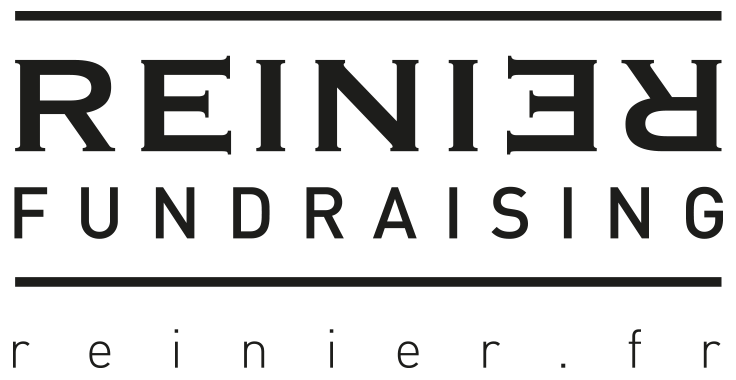The Syrian refugee crisis, tipping points and fundraising
Remember how you felt last week when you saw the photo of Aylan Kurdi, the little Syrian boy who drowned and ended up on a Turkish resort beach? Or when you saw Laith Majid, the father crying and embracing his children as they arrived on the beaches of Greece? Both probably stirred powerful emotions in you. Whatever you think of the politics behind the situation, this current Syrian refugee story is a human tragedy.
Drowned little boys and girls, lying on Mediterranean beaches, alone, miles from home. These are some of the saddest things I’ve ever seen in the media. These images and stories should ignite action. It’s almost impossible to do nothing. That’s what happens when extreme human suffering is in our face.
The refugee crisis in Europe has reached a point that’s tipped the scale towards massive humanitarian sentiment and grassroots action. With the slow or absent response from European governments, it’s civil society that’s now standing up for what is incontrovertibly the right thing to do for fellow human beings. That’s not political. And I think it’s a beautiful thing to see.
Every time an emergency or crisis happens, I’m full of emotion and energy to take action. But one of those emotions is often surprise. I’m surprised that for the world to act, we must first need to reach a critical mass. There always seems to be the need for a tipping point. And what troubles me most is that there’s tremendous pain and suffering well before we reach that tipping point. If we even reach the tipping point at all.
In the time when I worked for MSF, we talked a lot about forgotten crises. Crises like Darfur, DRC, and Chechnya or Colombia. Incredibly, they haven’t had their tipping points in a big public way. Worse, they have, but come and gone. Or perhaps their tipping points will never happen. And huge suffering exists in these places as well. Sometimes even more, and on a wider scale.
And that’s where the fundraiser comes in. It’s up to fundraisers to put all sorts of causes on the donor map.
Every time an emergency happens it reminds me of the valuable role we have as fundraisers. We need to tell a story to our donors that’s relevant, and usually without the help of our cause being on the 8 o’clock evening news. It’s difficult, but we need to do it every day.
Emergencies can trigger powerful emotions, so powerful that spontaneous donations start pouring in. But most causes don’t automatically and organically create such response (contrary to what your board might think). The fundraising department is responsible for creating that emotion and response.How do we do that? A few thoughts come to mind:
• Activate emotions. Supporter action is a result of emotion. Malcolm Gladwell said in his book The Tipping Point (2000): “Emotion is contagious”. Your donors do not respond to logic. Giving is irrational.
• The problem you present needs to be fixable. Try to bring down a massive issue to a single human story. One donor can’t possibly help four million Syrian refugees. However, one donor can help one refugee.
• This is about matching the donor’s emotions with the needs of your beneficiaries. Through philanthropy. Don’t boast about yourself. The donor can fix the problem via your organization. You are just the conduit.
• Create your own ’emergency’. We don’t need the mainstream media to create a sense of urgency. You have your own (social) media at your disposal to spread the news.
• Use powerful images that support and summarize our story in a single frame. A picture is still worth a 1,000 words.
• Stay true to what you do. Be clear and transparent about what you do and stand for. Repeat that message in a consistent way and your authority will build trust over time. Your supporters will be more receptive with your next appeal.
So, when confronted with extreme suffering in the media, we need to remind ourselves, that fundraisers have an extremely important role to play every single day. We need to make our stories immediate, relatable, and relevant to create a response just as powerful.
For Aylan and his family it’s too late, but we can alleviate the suffering of many more. Whether or not our case for support is shown on TV.
[This post first appeared on 101fundraising.]

